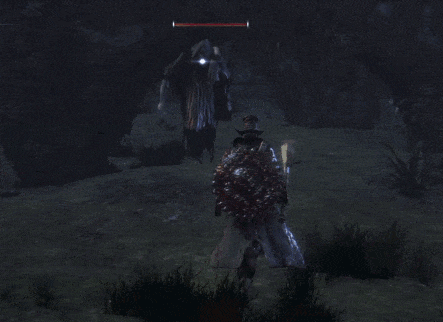⍻ Theatre of Violence ⍻
After Dodgers Second Baseman Chase Utley, broke Mets Shorstop Ruben Tejada's leg on a slide play at second base, the Mets were infuriated at the lack of punishment given to Utley for the slide. The next chance they got they did the age old form of justice in baseball: throwing a rock 90 miles an hour at a person's head.
What follows is a display of authentic emotion that filmmakers have been trying to capture since Martin Scorsese's gangster films of the 70s. The motivations are set: Mets manager Terry Collins, in his mind, is standing up for his player, like he would his own son. Umpire Tom Hallion is protecting his umpiring crew, as the crew chief. Hallion must serve as a mediator, a peacemaker for his organization even though he doesn't personally agree with his orders because of how the situation was handled by those above him - he can't do anything. Nonetheless, Hallion sacrifices himself as a punching bag for Collins to protect his plate umpire. He pulls Collins away and provokes him purely so Collins can let out his frustration. The accents need not be studied and replicated by the actors, the writers need not spend hours putting together the dialogue, it's all there.
Why is watching this so captivating? There seems to be a deep human ferality that awakens in witnessing scenes like this, moreso than morbid curiosity or the basic human instinct to keep staring at something threatening so that you are ready if something happens to you. People seem to enjoy violence, the most horrific thing humans can experience, if it's in the right context. In just a few seconds a hockey viewer can experience both ends. 'Your' player slamming an opponent up against the boards gives you a thrill, a rush unlike near anything you can feel. Then as you see that former opponent crumpled on the ice they suddenly become a human and you lose your taste for violence, but if nothing gets in the way, humans will slaver and scream for more.

The fragile glass holding up the safe context of violence can break so easily. Something so initially banal as a videogame or movie can have its 'fun' sucked out if you are conscious of a real-world war going on and the real consequences of violence - it is no longer something to be glorified or enjoyed and that you were calling it 'fun' in the first place feels wrong (until you forget about the slaughterhouses of the world again). I feel that personally I have a major distaste for violence of any kind, but I do find myself occasionally relishing in the fictional or simulated kind even so. Is it good to have safe outlets for our feral energy to be released in, or should we focus on not giving into those feelings at all? A question for anger management therapists and not me. The visceral feel of drumming can be a safe personal expression of physical aggression to make something beautiful.
To return to our original example, not only are the two screaming at each other, the colosseum crowd of 40,000 scream, cheer, and jeer for the mauling lion. To be the ones at the center of that is an unimaginable experience. In the context of this theatre, this not quite reality, humans can delight in the violence the same as if it was entirely fictional. In our lives, where we feel that true justice is out of our reach, we can simulate it on these stages. The feeling for ravenous Mets fans when they scored an onslaught of runs in game 3 of the series is likely comparable to the endocrine response of a babboon ripping out the throat of its greatest rival, "that's what they deserve."
But it goes beyond these theatres. There has been a long held human pasttime of the spectacle of suffering. Public humiliation, hangings, witch burnings - stuff today we find incomprehensible, that would only make sense in a Kafka world of Hunger Artists. But people today still stop and gawk, and with tv and the internet people can now watch an endless stream of different people's worst day of their life. Dashcams, bodycams, and cell phone videos are live leaks into real world horrors. I cannot understand why you would subject yourself to this. Does the blurring of the line between fiction and reality help people become desensitized to endless violence and hysteria? Does the justification of vengeance and justice make it feel okay? Isn't that how violent acts come out in the first place? They were justified in the mind of the actor, so that it was the right thing to do. Even if we avoid them, we will still be subjected against our will, in our dreams.
Where is the line between 'fun' jackie chan violence and senseless violence that inspires terror even in fiction? Context and justification again but I don't think there are any clear lines. I think the jackie chan type is more like dancing, the beautiful movements of the body with others rather than a reveling in combat and blood.
Sidenote: Writing this was purely a personal exercise in introspection. Just go read Foucault or Tolstoy or something